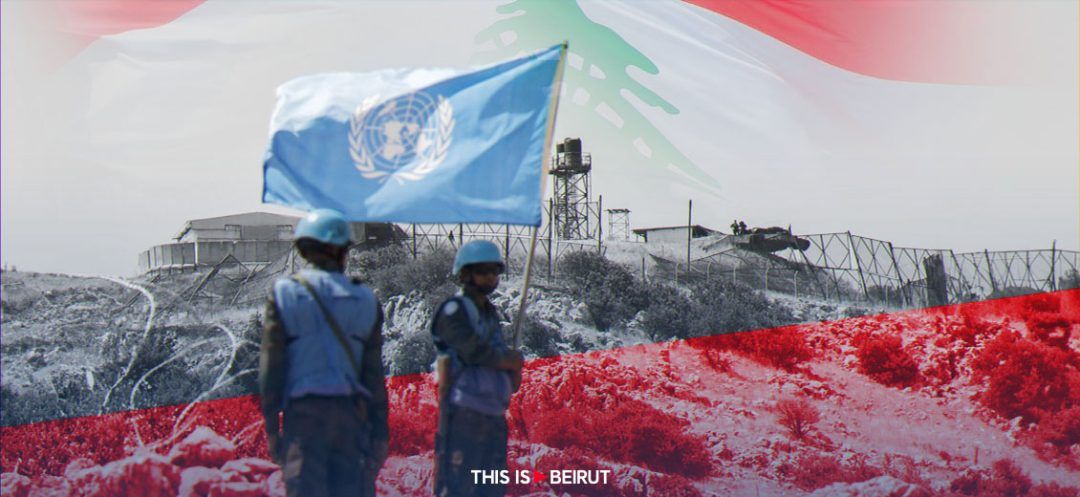
Every Lebanese is suspected of collaboration until proven otherwise, and similarly, every foreigner on Lebanese soil is also regarded as a suspect of collaboration until proven otherwise.
Over the past few days, a security team from the Dutch Embassy returning from shooting training in Kaslik was intercepted by Hezbollah elements. The team members were handed over to army intelligence, but the true details of the incident and the location of the interception remain unclear. Official data on such matters are often lacking in credibility, serving primarily to obfuscate the truth.
Moreover, Hezbollah elements intercepted a vehicle belonging to UNIFIL forces in Hay el-Sellom. According to reports, their members were investigated, and their cameras were confiscated. UNIFIL issued a protest against this behavior.
In both incidents, we have yet to hear any genuine clarification from Lebanese authorities about what happened—a recurrent pattern in previous events. According to a Western diplomatic source, Lebanese authorities act as if they cannot make any decisions regarding security matters affecting foreign nationals on its soil. Paired with the fact that they have no say in matters of peace and war, what authority, then, does this state retain?
As per the same source, United Nations officials and representatives of countries with troops in UNIFIL, as well as nations that have deployed security and military groups to Lebanon with the knowledge of the Lebanese state, have notified authorities in Beirut that negligence in addressing assaults against them is no longer acceptable. Lebanese authorities are urged to take measures to prevent the recurrence of such incidents, which sometimes escalate beyond control, as was the case in al-Aqbieh, south of the city of Saida. That day, an Irish soldier was killed by gunshots fired towards his vehicle, belonging to international forces, and the accused was later released. Furthermore, UN Security Council Resolution 1701 does not limit UNIFIL's freedom; rather, it grants the Lebanese government the authority to request an expansion of these forces' powers. There has been extensive discussion in previous periods about the possibility of deploying them along Lebanon's eastern and northern borders, that is at the Syrian border. According to the source, if the Lebanese government is unwilling to implement Resolution 1701, it should officially declare that and thus allow the Security Council to then make the proper decision regarding the continued presence of international forces south of the Litani River.
In regard to the movement of foreign security and military groups, it must be highlighted that these groups entered Lebanon through legitimate means. They were either deployed to support the Lebanese army, to serve as guards for embassies and relevant missions or to assist in evacuating citizens in the event of a potential war escalation between Israel and Hezbollah. As such, their work in Lebanon is considered legitimate by the authorities, who did not impose any restrictions on their movement or even caution them against traveling to specific areas.
To conclude, “Lebanon may have become a perilous destination, not advisable for foreigners. Moreover, it seems that the Lebanese authorities are either unwilling or, perhaps, unable to secure the country for its residents and visitors."
Read more



Comments